Best Dill Companion Herbs For A Healthy Garden
Title:Best Dill Companion Herbs for a Healthy Garden
Introduction:
Dill is a delicious and versatile herb that can be used in a variety of dishes. It is also a great companion plant, meaning that it can help to attract beneficial insects and repel pests. In this blog post, we will discuss the best dill companion herbs for a healthy garden.
Main Content:
There are many different herbs that can be grown alongside dill. Some of the best include:
- Asparagus: Asparagus is a heavy feeder, so it can help to improve the soil quality for dill. It also attracts beneficial insects, such as ladybugs and lacewings.

- Corn: Corn is a tall plant that can provide shade for dill. It also attracts beneficial insects, such as parasitic wasps.

- Cucumbers: Cucumbers and dill are a classic pairing. They both thrive in the same type of soil and climate, and they can help to repel each other's pests.

- Onions: Onions help to repel aphids, which can be a major pest for dill. They also attract beneficial insects, such as hoverflies.

- Lettuce: Lettuce and dill are both cool-season crops, so they can be planted together in the early spring or fall. They also help to attract each other's beneficial insects.
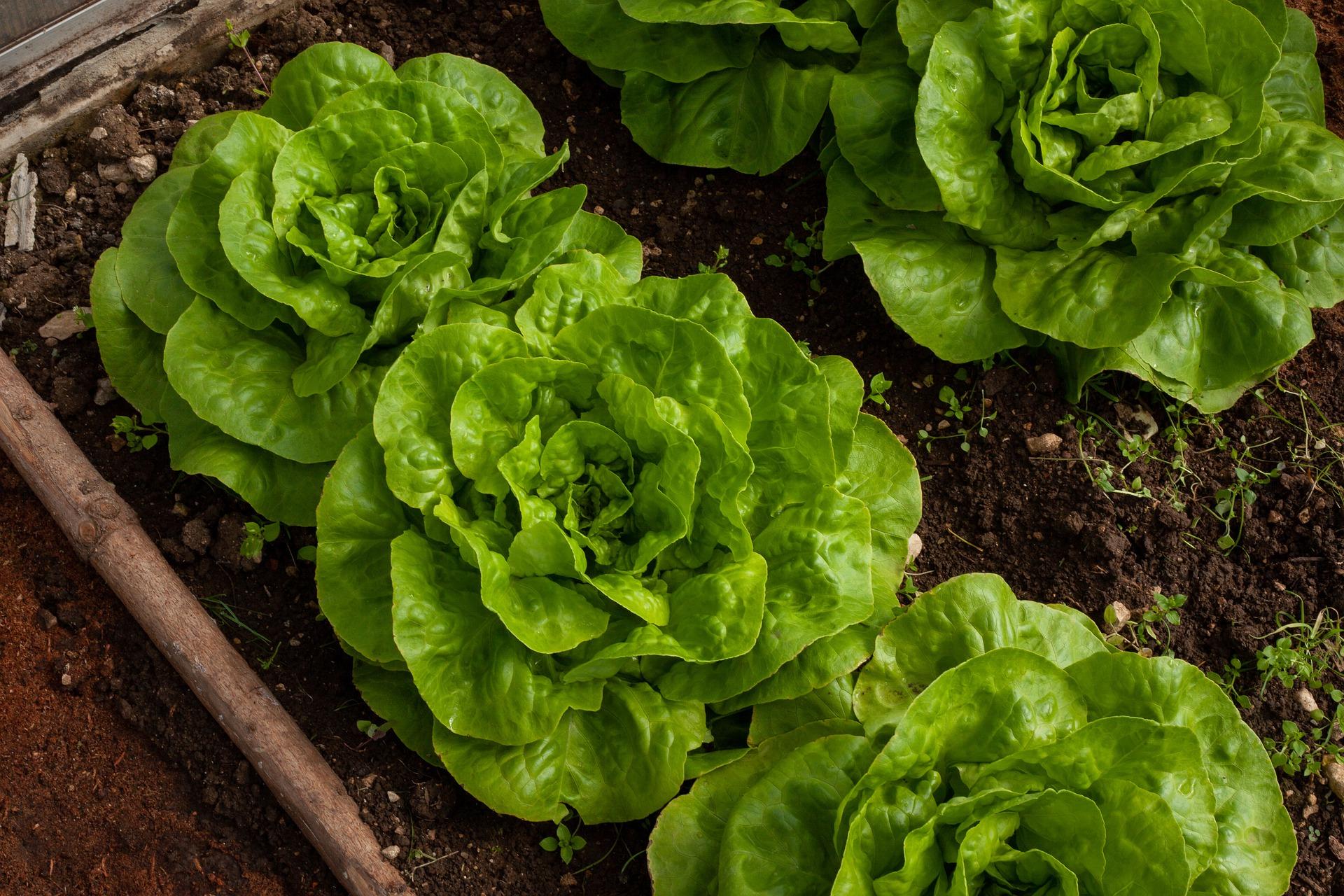
- Brassicas: Brassicas, such as broccoli, cabbage, and cauliflower, can benefit from dill's pest-repelling properties. Dill can help to deter cabbage moths, cabbage loopers, and spider mites.

- Herbs: Other herbs, such as basil, chives, and mint, can also be good companion plants for dill. They can help to attract beneficial insects and repel pests.
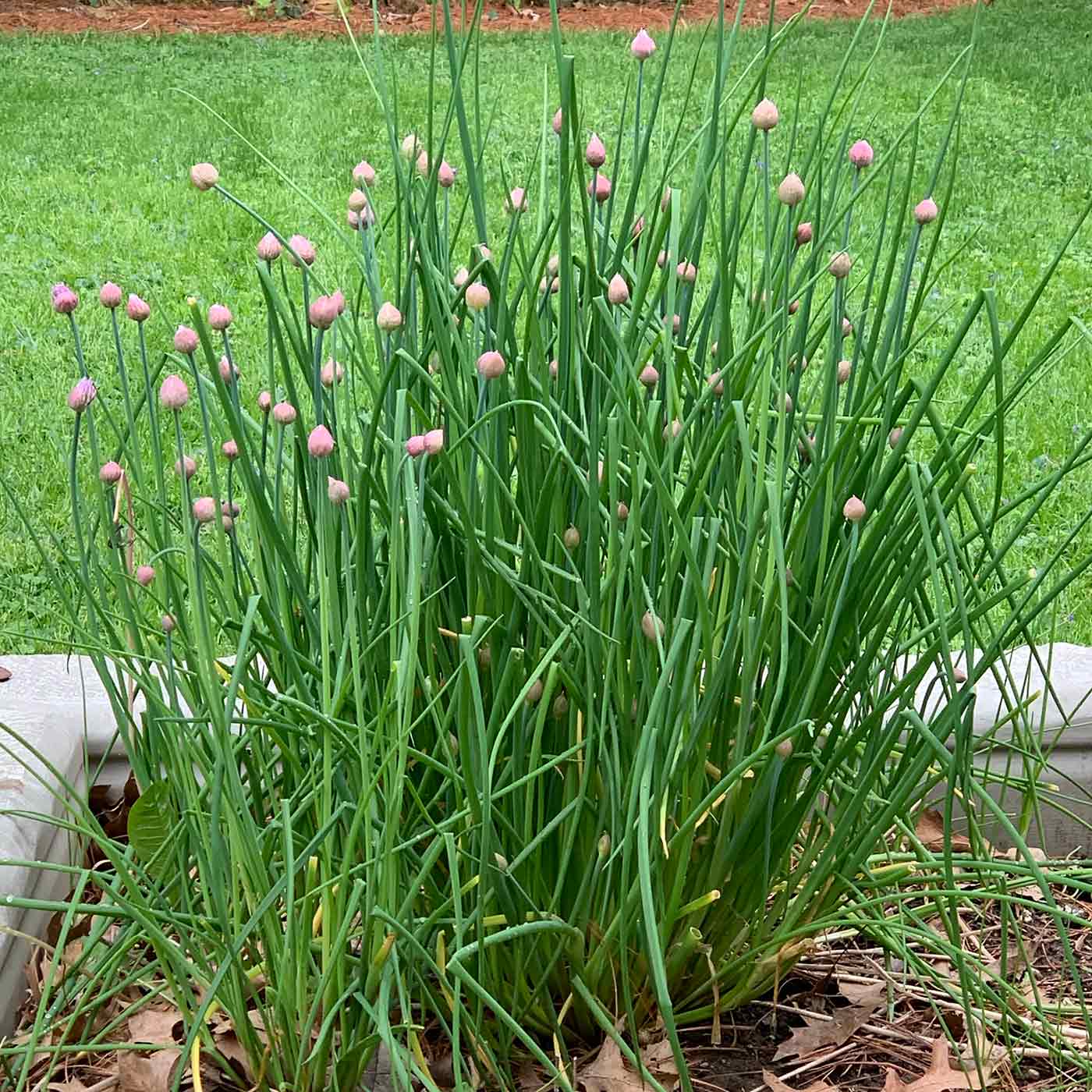
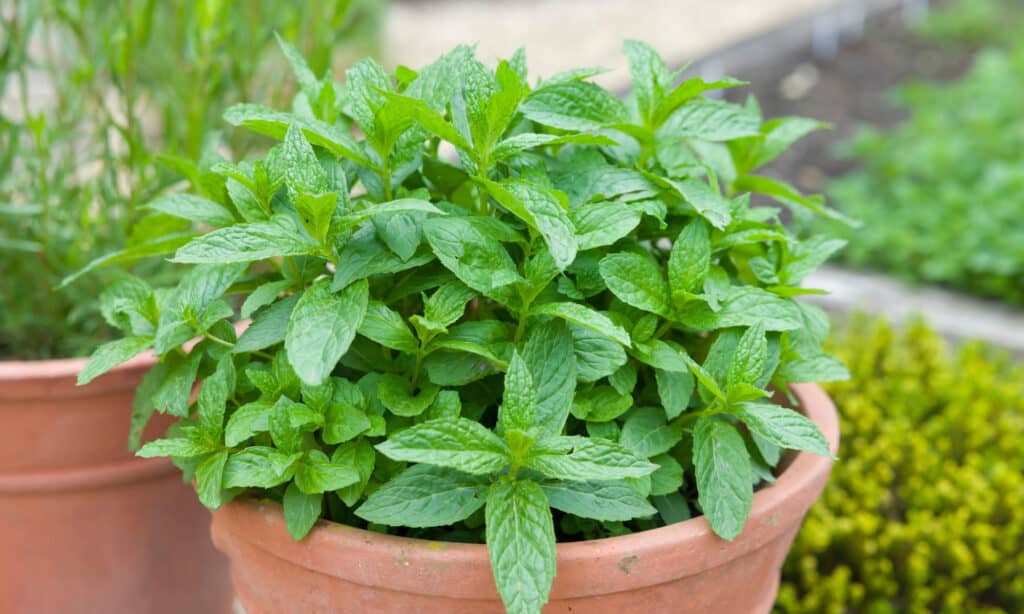
Conclusion:
Dill is a great companion plant for a variety of other herbs and vegetables. By planting dill alongside these plants, you can help to improve the health of your garden and attract beneficial insects.
FAQ of dill companion herbs
What are the best companion herbs for dill?
Dill is a versatile herb that can be paired with a variety of other plants. Some of the best companion herbs for dill include:
- Alliums: Onions, garlic, chives, and leeks all have strong scents that deter pests that can damage dill.
- Brassicas: Cabbage, broccoli, Brussels sprouts, and other brassicas can benefit from dill's pest-repelling properties.
- Cucumbers: Dill can help to repel spider mites, which can be a problem for cucumbers.
- Herbs: Other herbs that enjoy similar growing conditions to dill, such as basil, parsley, and lemon balm, can also be good companions.
What plants should I avoid planting near dill?
There are a few plants that should be avoided planting near dill. These include:
- Angelica: Angelica is a close relative of dill, and the two plants can cross-pollinate.
- Carrots: Carrots and dill are closely related, and planting them together can lead to cross-pollination, which can affect the flavor of the carrots.
- Fennel: Fennel has a strong scent that can overpower dill.
- Potatoes: Potatoes and dill can compete for nutrients, so it is best to avoid planting them together.
How does dill benefit other plants?
Dill can benefit other plants in a number of ways. For example:
- Pest control: Dill's strong scent can deter a variety of pests, including aphids, cabbage worms, and spider mites.
- Attracting pollinators: Dill's flowers attract pollinators, such as bees and butterflies, which can help to pollinate other plants in the garden.
- Improving soil quality: Dill's roots help to aerate the soil and improve drainage, which can benefit other plants.
What are some tips for planting dill with companion herbs?
Here are some tips for planting dill with companion herbs:
- Choose the right location: Dill prefers full sun and well-drained soil.
- Plant dill with other herbs that have similar growing conditions.
- Space the plants appropriately: Dill can spread quickly, so be sure to space the plants at least 12 inches apart.
- Water regularly: Dill needs regular water, especially during hot, dry weather.
- Fertilize lightly: Dill does not need a lot of fertilizer, so fertilize lightly once or twice during the growing season.
Image of dill companion herbs
- Asparagus: Asparagus is a good companion plant for dill because it attracts lacewings and ladybugs, which help to control aphids.
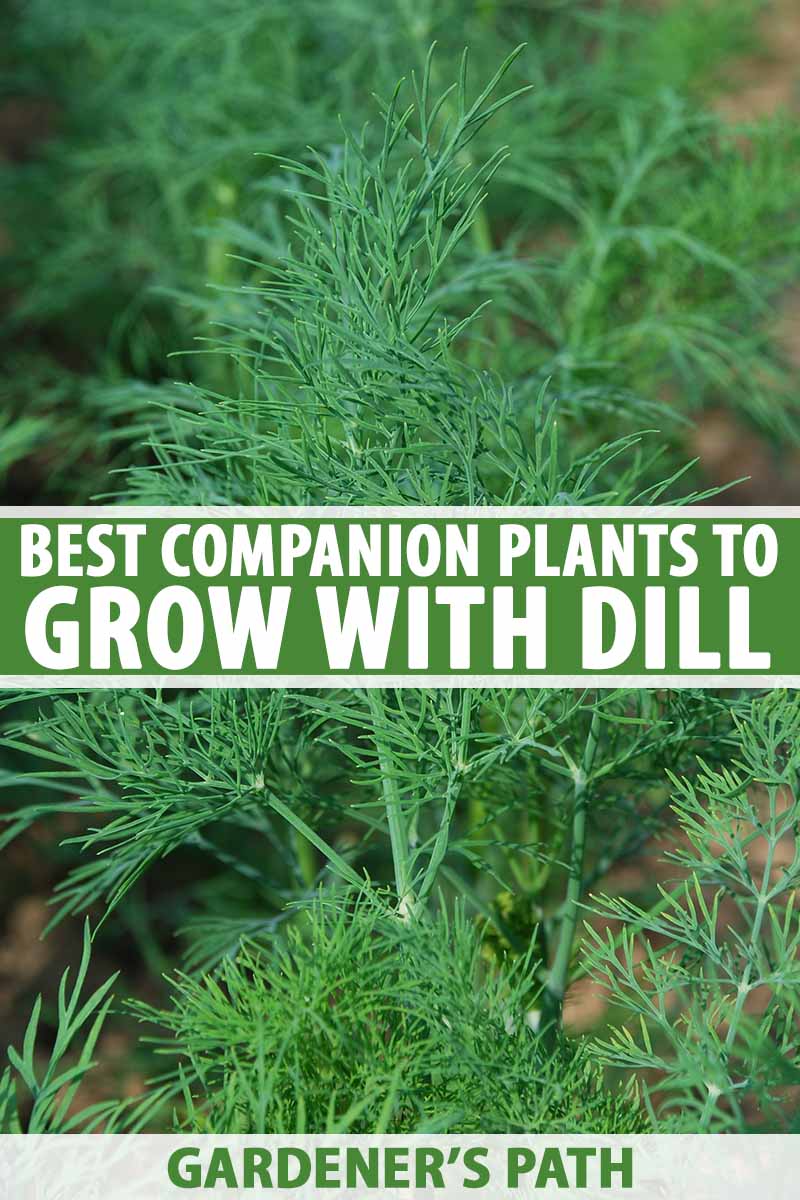
- Carrots: Carrots and dill are both members of the Apiaceae family, and they benefit each other by attracting beneficial insects and repelling pests.

- Cucumbers: Dill and cucumbers are both moisture-loving plants, so they can be planted together to help each other retain water. Dill also helps to repel cucumber beetles.

- Herbs: Dill can be planted with other herbs, such as basil, parsley, and mint, to create a flavorful herb garden.

- Onions: Onions and dill are both good at repelling pests, so they can be planted together to help protect your garden.

- Pole beans: Pole beans and dill can be planted together to help support each other. The beans will climb the dill stalks, and the dill will help to shade the soil and keep it cool.
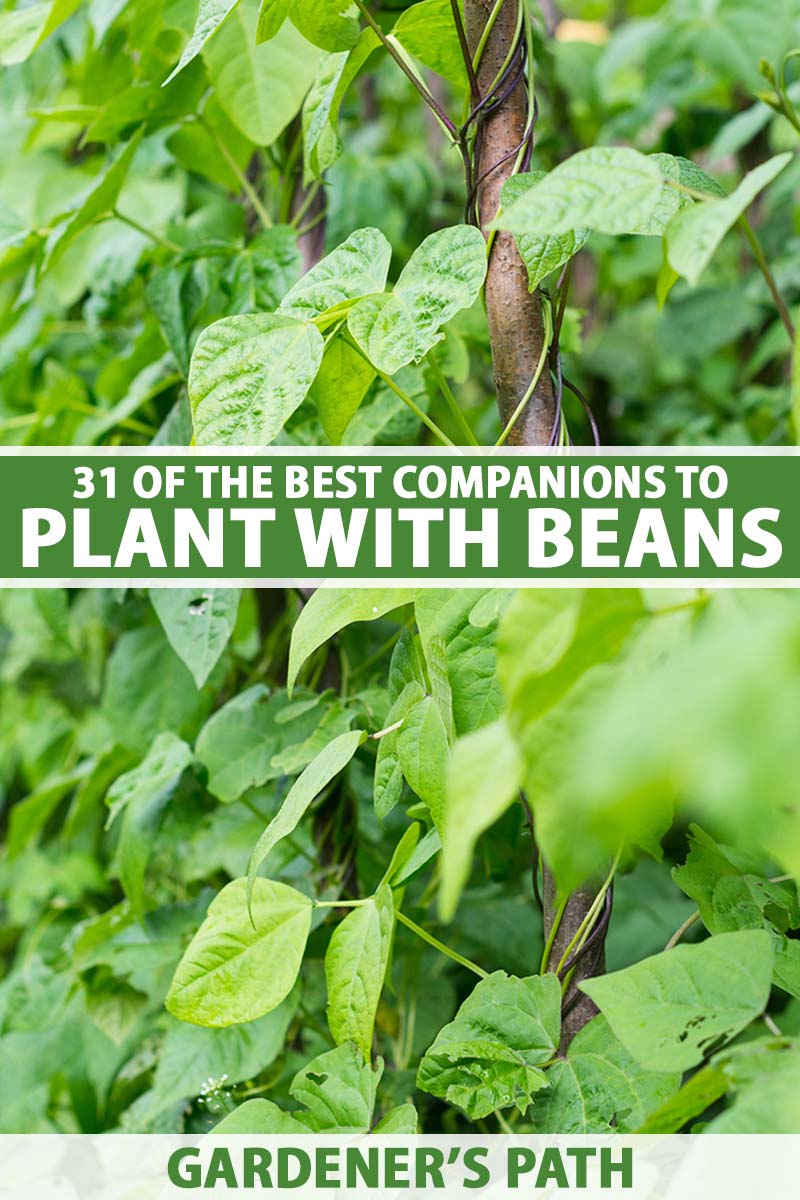
- Tomatoes: Dill can be planted with tomatoes to help repel tomato hornworms.

- Tulips: Dill can be planted with tulips to help repel tulip bulb flies.
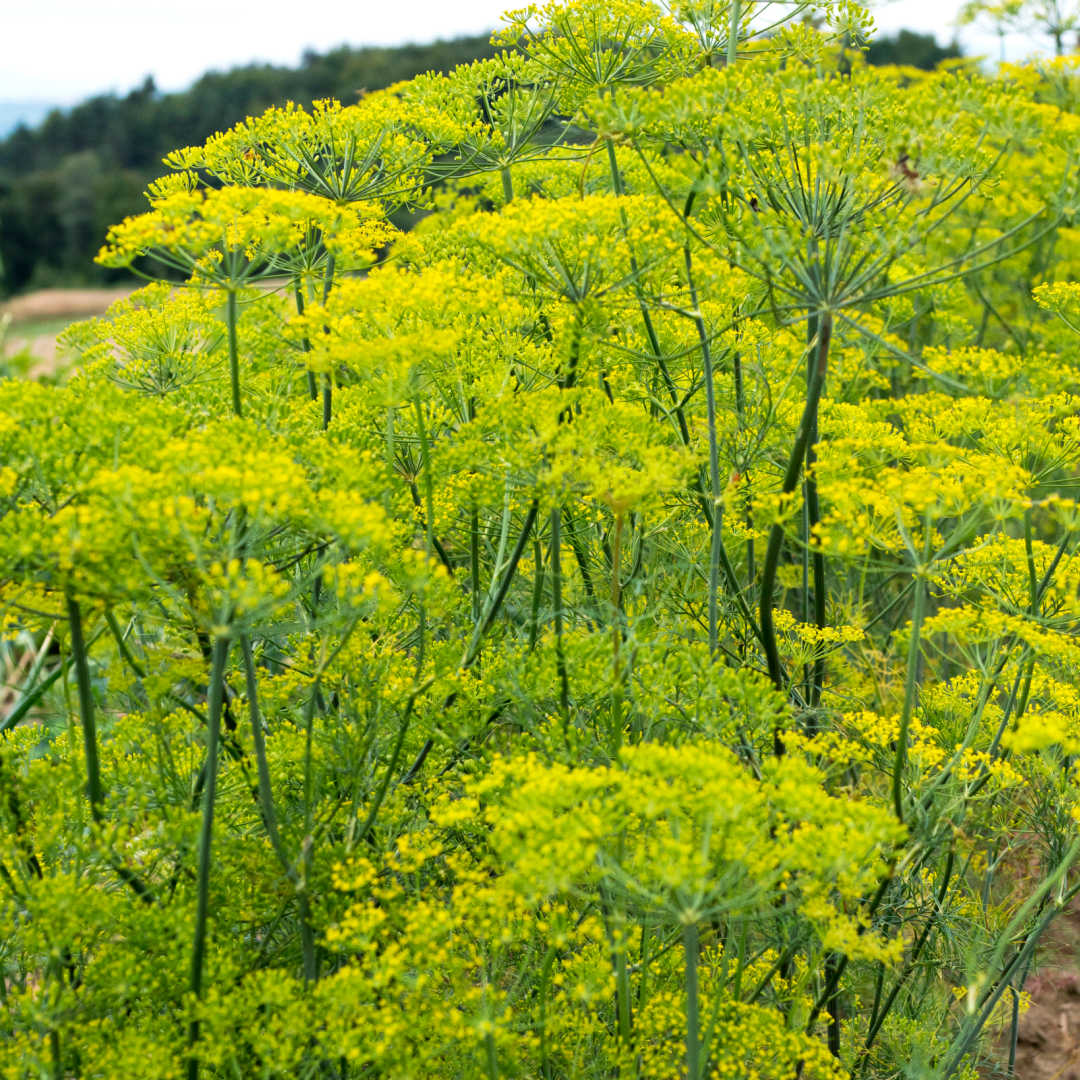
- Wheatgrass: Dill can be planted with wheatgrass to help improve the flavor of the wheatgrass.

Post a Comment for " Best Dill Companion Herbs For A Healthy Garden"